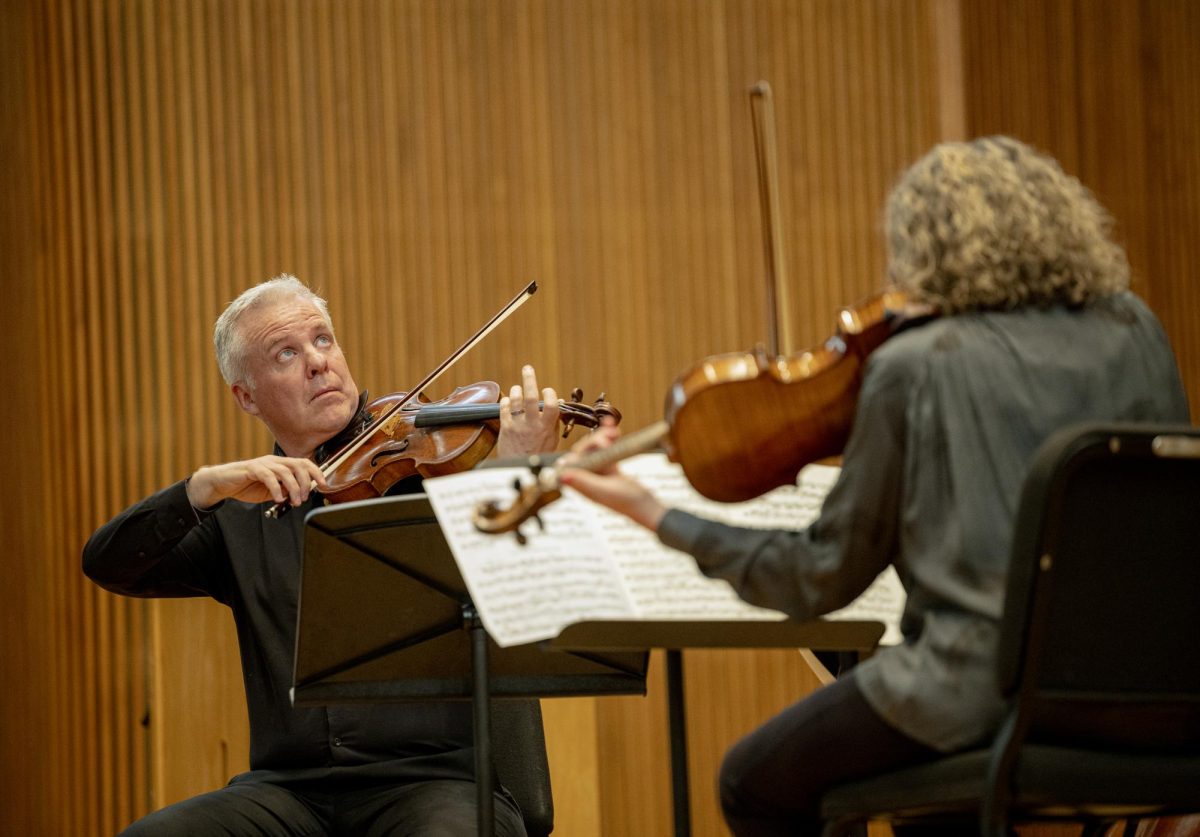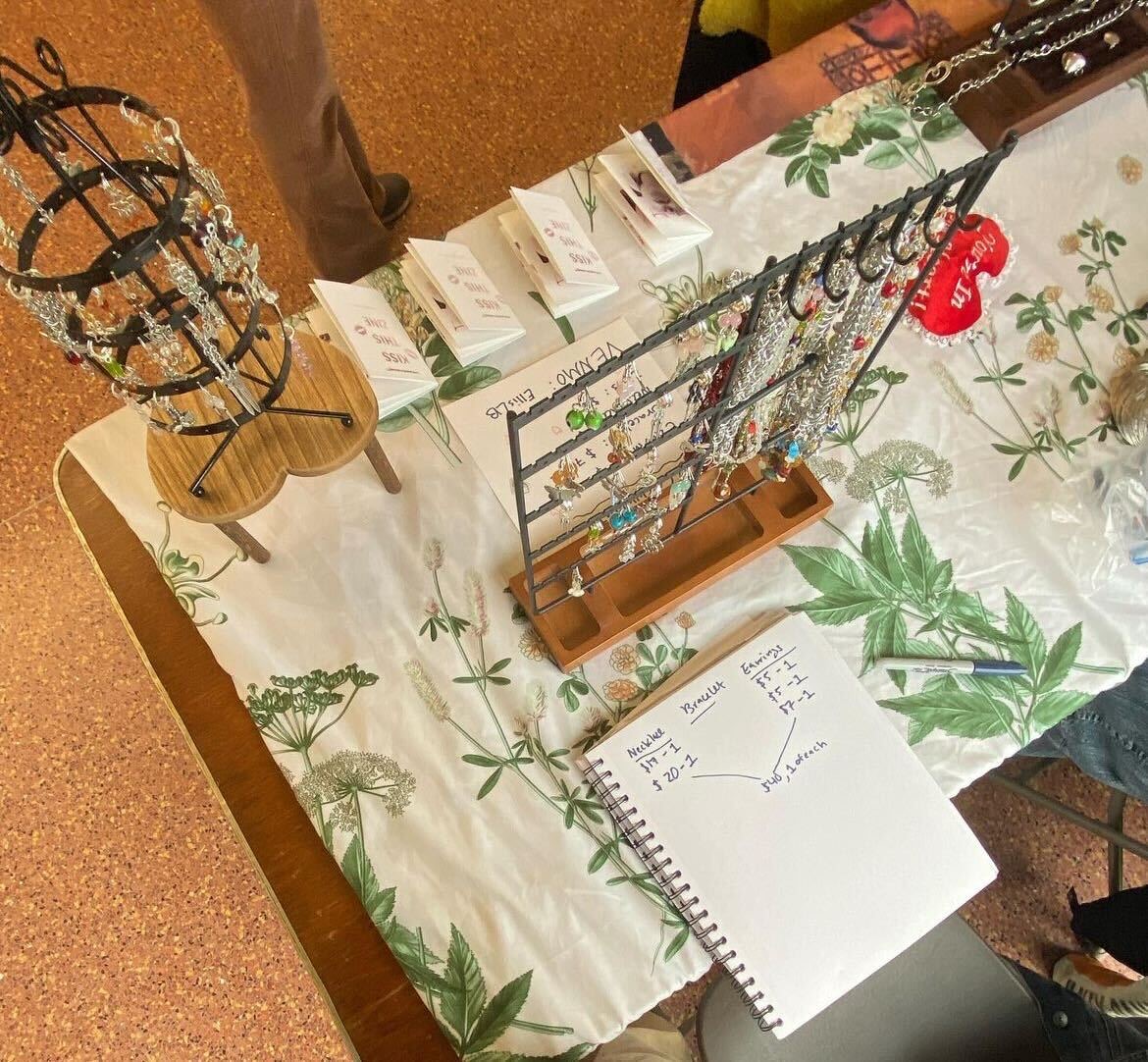Formula 1 last raced in China in 2019, as the 2020 Grand Prix was canceled due to the COVID-19 outbreak. This was the reason why F1 did not return for the following four seasons as, even in 2023, the Grand Prix didn’t take place due to the difficulties of the pandemic. The Chinese GP in 2019 was the 1000th race in the sport’s history and saw seven-time world champion Lewis Hamilton win the race, followed by Mercedes driver Valtteri Bottas in second place, and Ferrari’s Sebastian Vettel in third.
This year, F1 is returning to the Shanghai International Circuit for what is the fifth race of the 2024 season. It also features the first sprint race of the season, which means a special weekend schedule. The traditional schedule includes two practice sessions on Friday, one on Saturday, and qualification and the race on Sunday. Sprint weekends only have one practice session immediately followed by a qualifying session for a smaller race on Saturday, in which drivers up to eighth place can get points. The race on Sunday still occurs without any changes. Sprint weekends were introduced back in 2021 as an attempt to make F1 weekends more entertaining and provide more opportunities for drivers and teams to score points. Since then, it has undergone a lot of changes due to pressure from drivers, teams, and even fans. However, the sprint weekends have finally found their structure. Six will be held this year, beginning with China.
Drivers like Max Verstappen and Carlos Sainz have been very outspoken about how a sprint weekend in China is not the best idea. Since F1 last raced in China, there have been numerous changes to the sport. The biggest has been the 2022 regulations, which saw a complete change in the designs of the cars. This new generation of cars has not yet been tested in China, and the track has been resurfaced. This means that the cars have not practiced on the new asphalt. All of this, on top of drivers having only an hour of practice, presents a huge challenge for teams and drivers.
The push for more races, events, sponsors, and shows has been a trend since the acquisition of Formula 1 by Liberty Media. Back in 2017, F1 was purchased by Liberty for $4.4 billion for the 100 percent ownership rights. The previous owners of F1, including former CEO Bernie Ecclestone, were very private and cautious in making F1 an exclusive sport. Liberty Media’s focus is more on how to make F1 global and reach audiences — like the U.S. — where it previously has not been successful. The biggest contributor is the Netflix show Drive to Survive, which gives viewers an exclusive behind-the-scenes look at what happens during the season on and off the track. To the surprise of many, the sport grew exponentially worldwide, especially in the US, which is a huge market in the world of sports. Naturally, this drew the attention of major companies, billionaires, and governments.
Some of these interested parties try to make F1 a cover for other wrongdoings, which has also been a recent trend in the world of sports as a whole. Sportswashing has become an increasing issue in sports like F1. According to the Australian Human Rights Institute, sportswashing refers to the use of sports to draw the attention of the public away from unethical conduct. It happened in instances like the 2022 Qatar World Cup and the LIV Golf Series. F1 has 10 main partners, two of which are government-owned enterprises — Aramco and Qatar Airways. Saudi Arabia has increased its effort to switch the spotlight from ethical issues to sports as well. The Saudi Arabian government owns Aramco with 98 percent ownership. It’s that same Public Investment Fund that bought an English premier league team, Newcastle United, and is also paying the wages of major soccer stars like Cristiano Ronaldo, Karim Benzema, and Neymar Jr., who all moved to the Saudi League for enormous amounts of money. Saudi Arabia also recently built an F1 track in Jeddah and is looking to build another track in Qiddiya, a city that is being built entirely for sports and gaming — making it clear that the major investments into the world of sports are to draw attention elsewhere.
Freedom House is a great source to measure whether countries respect political rights and civil liberties; they publish rankings for every country yearly. The scores are out of 100 and it has three categories: Not Free, Partly Free, and Free. Here are the scores for some of the countries where F1 races: Saudi Arabia 8/100, United Arab Emirates 18/100, Qatar 25/100, China 9/100, Bahrain 12/100, and Azerbaijan 9/100. All of these countries are in the “Not Free” category, which makes their scores alarming. This raises concerns as to why F1 allows for races to happen in places where human rights are not respected. F1 shared a statement they called “Statement of Commitment to Respect of Human Rights” where they outlined three points:
1. “The Formula 1 companies are committed to respecting internationally recognised human rights in its operations globally.
2. Whilst respecting human rights in all of our activities, we focus our efforts in relation to those areas which are within our own direct influence.
3. Where domestic laws and regulations conflict with internationally recognised human rights, the Formula 1 companies will seek ways to honor them to the fullest extent which does not place them in violation of domestic law.”
Even with these statements, F1 continues to receive investments from companies and countries with lower Freedom House scores, which raises concerns about their integrity and commitment to human rights in the places where they race. Amnesty International has released multiple statements to F1 about these concerns. When the Saudi Arabian GP was first held in 2021, Amnesty International released an article talking about the continued attempts for sportswashing in the region, with this F1 race being the latest.
“The Saudi Arabian authorities need to realize that the best PR comes from respecting human rights,” Heba Morayef, regional director of the Middle East and North Africa for Amnesty International, said.
There have been instances in which the drivers themselves have taken matters into their own hands. For example, racers can change the design of their helmets. Back in 2021, Lewis Hamilton, one of the greatest racers in history and an outspoken activist, decided to wear a helmet that included the pride flag on top of it. He did this in the three races that took place in countries in the Middle East where same-sex relationships are still illegal. The move was bold, as drivers can receive penalties for actions like this. However, Hamilton stated that he wanted to spark a conversation and positive changes. Hamilton later did the same in the Miami Grand Prix in 2023 after the state passed its infamous “Don’t Say Gay” bill.
CEO of F1 Stefano Domenicalli answered the concerns of racing in countries with human rights violations by saying that racing in these countries helps make the spotlight for human rights violations bigger; if the sport didn’t go there, not as many people would hear about the atrocities taking place. F1 has taken steps against countries that have committed atrocities, such as Russia’s invasion of Ukraine — resulting in the cancellation of the existing contract for the Russian GP. That case even led to F1 Team driver Nikita Mazpein being fired from the team after it was pointed out that his dad, CEO of Uralkali, a fertilizer company, was an oligarch and that the money going into the team came from that business.
The real question lies more in what fits the interests of F1, because the CEO and the company itself claim that they have a strong commitment to human rights while there is an increase in the presence of countries who actively participate in sports washing. However, we also see commitment from teams such as Haas and drivers such as Hamilton to try and respond to cases where violations have been clear. With F1 returning to China this weekend, the concerns have once again been raised; we will wait to see if they take any action to address them.






